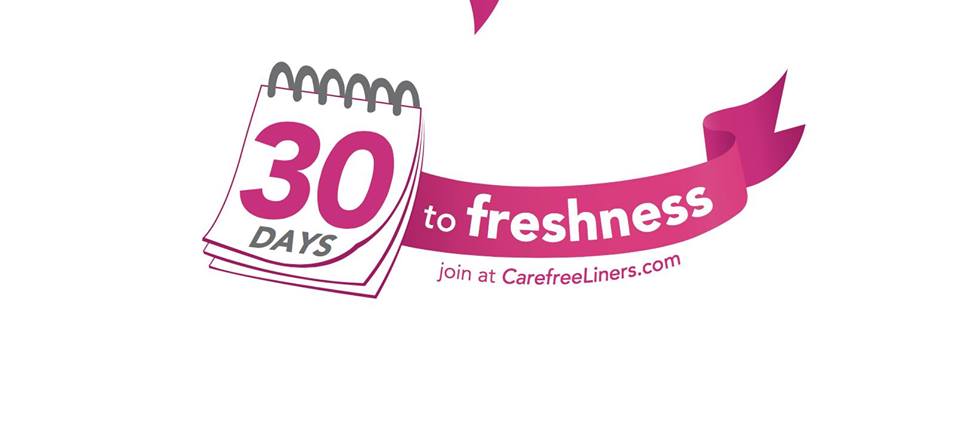6 Natural Ways to Deal with Premenstrual Syndrome (PMS)
There is a definite possibility that you’ve had a painful period at least once in your entire life. PMS a.k.a. Premenstrual Syndrome is basically the name for the physical and emotional symptoms women can face ahead of their period.
The purpose of this post is to highlight the symptoms associated with this condition, the exact cause behind it and some of the natural treatments and lifestyle changes that can help in treating PMS.
Symptoms Associated with PMS
Generally, PMS makes you feel depressed and sad. A lot of women go through similar symptoms including:
- Depression
- Irritability
- Anxiety
- Mood swings
- Food craving
- Cramps
- Absentmindedness
- Bloating
What Causes PMS?
Medical researchers and specialists aren’t sure about the actual cause of premenstrual syndrome. Some believe it happens due to hormonal changes that occur amidst of the second half of your periods. Noticeably, hormonal disorders can trigger plenty of other menstruation problems as well including heavy period bleeding.
According to Daisy Menstrual Cup, due to hormonal fluctuations the endometrium develops and exude from the body by means of heavy menstrual flow. Thus, one should keep her hormonal fluctuations in control to reduce the symptoms of PMS and excessive bleeding.
Fluctuations in estrogen levels can also impact serotonin in your body which is connected to your emotional reactions.
How to Treat PMS Naturally?
1) Include Omega-3 Fatty Acids to Your Diet
Studies suggest that including omega-3 fats to your diet can ease PMS symptoms. According to healthxchange, omega-3 fats can reduce the menses-triggered pain, stabilize hormonal changes and can also improve your mood. Include wild salmon, olives, walnuts and soy bean in to your diet as all of these options are high in omega-3 fatty acids.
2) Take Magnesium and B Vitamins
From head to toe, your body cells need magnesium to function properly. Sadly, most Americans are magnesium deficient. A proper magnesium supply can be helpful in improving hormonal changes and supporting mood swings. Similarly, researches also suggest that Vitamin-B can also be helpful in alleviating PMS symptoms. Include lots of green veggies and fruits into your diet. Sea food is also a great source of magnesium. Whole grains, meat, eggs and seeds are believed to be the best Vitamin-B sources.
3) Meditate to Get Over Your Emotional Symptoms
Meditation is one of the greatest ways you can get over your PMS-related emotional disorders. Not only it makes you happier, but also reduces stress hormones inside your body and gives you inner control and self-confidence.
4) Workout
Movement improves your circulation, uplifts your mood and reduces bloating. Just start with brisk walks and light jog.
5) Natural Remedies
One of the clinical studies suggests that calcium intake alleviates PMS-associated depression, food cravings and extreme fatigue.
Although, plenty of foods are great sources of calcium including milk, yogurt, cheese and green vegetables, you can also opt for daily calcium supplement for quick results. Don’t lose hope if you don’t see significant improvements straightaway as it will take some time to witness the desired level of results.
6) Keep Check on Your Bowel Movement
Your body excludes estrogen through many ways. Bowel movement is one of them. In case your digestive system isn’t working properly, the liver-excreted estrogen can be reabsorbed into your blood via intestinal tract. You can include more and more leafy greens into your diet for extra fiber. Similarly, taking a small intake of apple cider vinegar before consuming any food can also help.
Premenstrual Syndrome – Do’s and Don’ts
Do’s
- Do enjoy calcium-rich foods
- Do include omega-3, calcium, vitamin D and B vitamins to your diet
- Do consider calcium and vitamin supplements
- Do healthy lifestyle changes
Don’ts
- Don’t skip any of your meal
- Don’t consume excessive sugar
- Don’t consume alcohol
- Don’t overload on salt
PMS and PMDD can be truly troublesome as they directly impact upon the quality of your life. Instead of using high-intensity medication, it’s advisable that you try to make some lifestyle changes first. Luckily you can also track your periods and symptoms using a period-tracking app.
Make sure to consult your gynecologist if your symptoms are getting worse or if you’re not feeling any improvement in your current condition. After all, to keep your body in good health is your foremost responsibility otherwise you shall not be able to keep your mind active and energetic.




